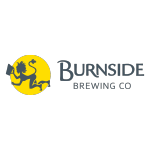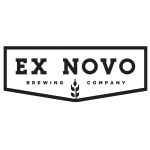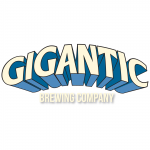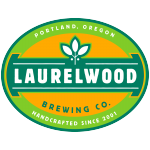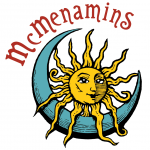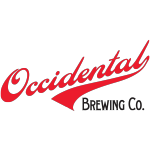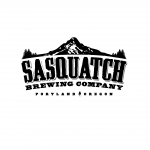-

- Still Image
Kells Brew Pub...
-
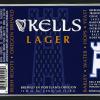
- Still Image
Kells Lager bee...
-

- Still Image
Kells Brew Pub...
-

- Still Image
Kells Irish Lag...
-
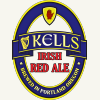
- Still Image
Kells Irish Red...
-
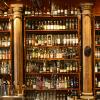
- Still Image
Kells Brew Pub...
-

- Still Image
Kells IPA Irish...
-
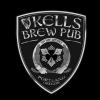
- Still Image
Kells Brew Pub...
-

- Still Image
Floor tile at K...
-

- Still Image
Kells beer adve...
-
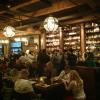
- Still Image
Interior photog...
-

- Still Image
Stained glass w...
Pages
Description
Established: 2012
Founders: Gerard and Lucille McAleese
Brewers: Garrett McAleese and Dave Fleming
Location: 210 NW 21st Ave., Portland, OR 97210
Specialties: Irish Red Ale, Irish Pale Ale, Irish Lager, and Irish Stout
Awards: Voted Best Brew Pub by Portlanders in the 2013 KGW Best in Town contest
Fun Facts:
- The label artwork on Kells’ flagship brews reflects the family’s Northern Irish heritage: a shamrock, the Tower of Kells, and the red hand of Ulster.
- Kells is home to the largest St. Patrick’s Irish Festival in the Northwest.
A 2012 addition to the Kells family of restaurants, Kells Brew Pub offers patrons a relaxing piece of Ireland in the midst of northwest Portland. In addition to the four other Kells locations along the West Coast, the brewery is owned by Gerard and Lucille McAleese, in conjunction with their son, Garrett. Featuring a more relaxed setting, this second Portland location aims to offer another neighborhood home away from home where patrons can gather.
Despite a relatively quiet opening, the brewpub quickly gained local traction. The immense popularity of the brews at the family-owned pubs alone oustripped the small brewery’s supply. Two additional fermentors were added to the ten-barrel system in 2013 to keep up with the demand while allowing space for creative license with new recipes. Seasonal offerings like the Imperial Brown Ale accompany the four standard brews: Irish Red Ale, Irish Pale Ale, Irish Lager, and Irish Stout.
Recently, Kells Brewery expanded its offerings to include bottled brews. Future plans include the creation and bottling of seasonal brews, as well as the potential for a larger production brewery.



